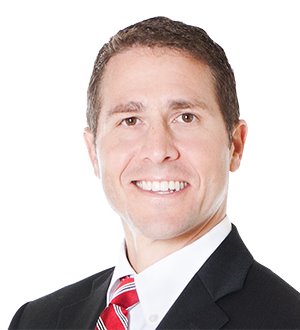Employers Must Consider Accommodating Workers' Religious Objections to Flu Vaccination
Executive Summary: Recent actions by the Equal Employment Opportunity Commission (EEOC) emphasize employers’ obligations under Title VII of the 1964 Civil Rights Act to accommodate workers’ religious objections to receiving a flu vaccination. For example, a Middle Tennessee hospital has agreed to pay $75,000 and perform other non-monetary actions to settle an EEOC lawsuit claiming it violated Title VII by failing to accommodate a worker’s sincerely held religious beliefs against receiving an annual flu vaccination.
The hospital requires all hospital workers, including employees of third-party contractors, to receive an annual flu shot. One contractor’s employee notified the hospital he had a sincerely held religious objection to receiving vaccinations, such as a flu shot. Prior to 2015, the hospital permitted this worker to forego the annual vaccination requirement and instead allowed him to wear a protective medical mask while inside the hospital. In 2015, however, when the worker refused to receive a flu shot in accordance with his religious beliefs, the hospital did not allow him to wear the protective medical mask as it had previously. Instead, the hospital informed the contractor that the man could not work in the hospital, and the contractor discharged him.
The worker filed a charge with the EEOC, alleging religious discrimination in violation of Title VII. Specifically, he claimed the hospital failed to accommodate his sincerely held religious beliefs by refusing to permit him to wear a protective mask in lieu of receiving a flu shot. He argued that such an accommodation was not an undue hardship since the hospital previously permitted him to wear a mask. The EEOC investigated the charge and, after a failed conciliation between the parties, sued the hospital on behalf of the worker.
To avoid further litigation, though denying any wrongdoing, the hospital agreed to settle with the EEOC prior to trial. The hospital agreed to pay $75,000 in compensatory damages to the worker and take a multitude of non-monetary actions. Those mandated actions include modifying its accommodation policy to permit employees to appeal the termination of an accommodation for sincerely held religious beliefs, and providing annual training on that policy to its human resources employees and its “flu committee” for the next two years.
Bottom Line for Employers:
While the hospital settled this case without the need for further litigation, the EEOC’s willingness to bring litigation in this situation serves as a reminder that an employer must accommodate sincerely held religious beliefs unless it can show making such accommodations will cause it to suffer an undue hardship. In a time when vaccinations are a controversial topic of conversation, employers must keep their legal obligations to their employees’ religious beliefs in mind when making these important decisions. If you have any questions about religious or other accommodations mandated by federal, state, or local law, please contact the authors of this Alert, Mark Stamelos at mstamelos@fordharrison.com, managing partner of our Nashville office. Of course, you may also contact the FordHarrison attorney with whom you usually work.



















